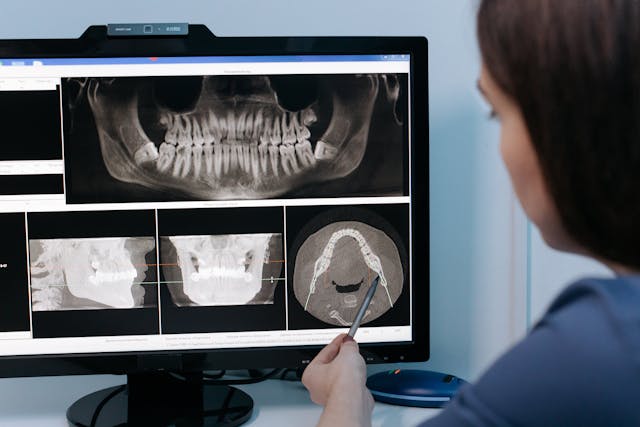Luxembourg doctors have staged a demarche against the health system

Getty Images
The Luxembourg Association of Medical and Dental Practitioners (AMMD) has officially notified the National Health Insurance Fund (CNS) of the cancellation of its convention agreement. The decision, which came into effect on 8 October, AMMD called it a "historic step" and a symbol of resistance to an outdated system in which, the association said, healthcare no longer meets the challenges of modern medicine.
The convention that AMMD is tearing up has for many years defined the rules of the game between doctors and CNSs - from compensation structure to procedural control. But, as the press release emphasises, the patience of physicians has run out: under current conditions, they believe, it is impossible to provide quality and timely medical care. The main focus of criticism is the cumbersome procedures, imposed obligations and lack of flexibility in pricing.
Doctors want radical changes: they demand that the system of automatic and binding agreements be replaced by so-called "selective" agreements - that is, contracts where the terms are individually negotiated and reflect the real needs of professionals. Another key point is autonomy over billing, especially in a context where the CNS determines how much is covered in advance from the cost of a procedure.
However, AMMD stresses that this demarche is not a refusal of dialogue, but an attempt to restart the system. Doctors are ready to "work constructively" with the government and CNS, but only if a new, more flexible agreement is concluded that corresponds to the realities of today.
The context for this crisis is the increasingly tense atmosphere in European healthcare systems, from staff shortages to growing waiting lists and pressure on doctors. Luxembourg, despite its modest size and high standard of living, is no exception. The breaking of AMMD's agreement with CNS is not just an administrative gesture, but a symptom of deep problems accumulated in the relationship between the state and the medical community.





